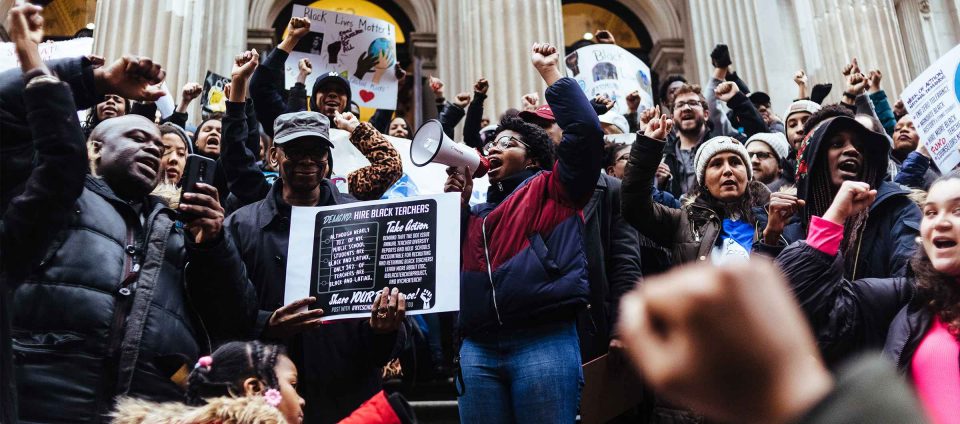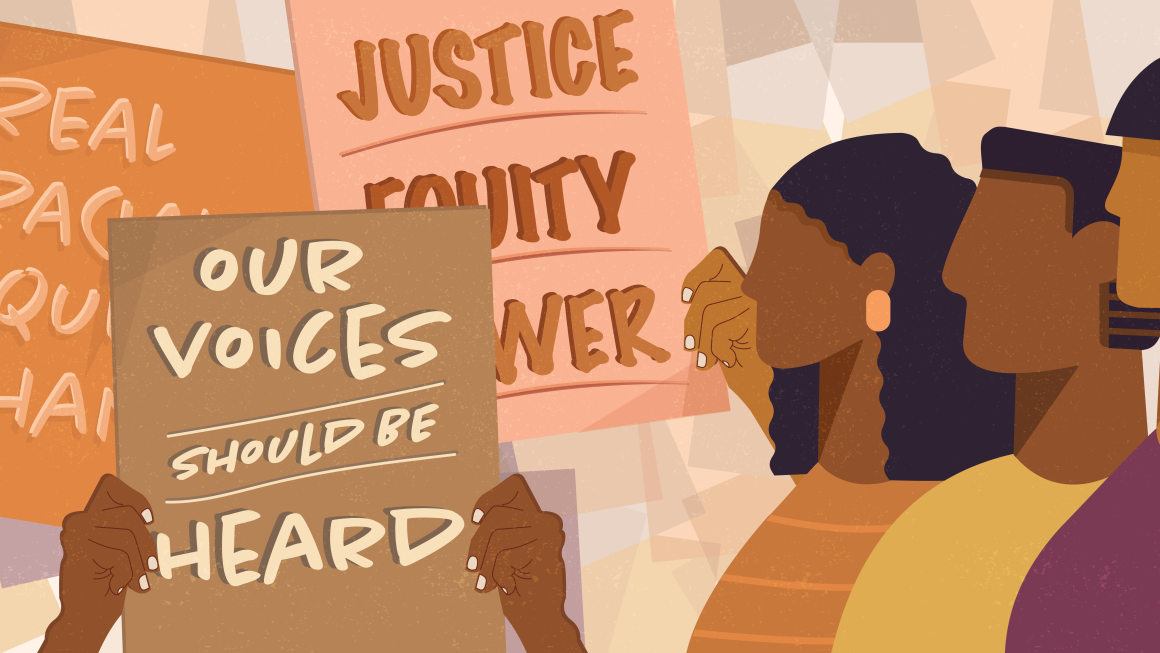by Roy Eidelson Ph.D.
Status quo defenders target our fears of change.
In psychology, “status quo bias” refers to our general tendency to prefer things the way they are rather than having to face the uncertainty of less familiar options. In part, this is because we usually experience losses more intensely than rewards, so we tend to focus on how a proposed change could make things worse rather than better. Familiar expressions like, “Better the devil you know than the devil you don’t know,” and “When in doubt, do nothing,” describe this preference well.
Unfortunately, status quo bias makes us more susceptible to persuasion by faulty arguments—or “mind games”—from those who oppose much-needed change. This is tragically true in the context of urgent calls to address the police brutality and institutional racism epitomized by the deaths of Breonna Taylor, George Floyd, Rayshard Brooks, and other Black Americans. Despite overwhelming evidence of racial injustice in our system of law enforcement, defenders target our fears of change in their efforts to preserve the status quo. Five examples show what these appeals are like—and why we should view them with deep skepticism.
Change is Dangerous
First, “Change Is Dangerous” is routinely used by status quo defenders to persuade us that new policies will place everyone in greater jeopardy. For example, law enforcement representatives warn of the peril that awaits if we adopt changes like reducing police budgets, or increasing community oversight of police operations, or removing the “qualified immunity” protections that prevent victims of police brutality from suing their perpetrators. But research shows that larger police forces and aggressive tactics like stop-and-frisk don’t lead to less crime or safer communities. In contrast, cutting massive police budgets can reduce crime by making more funding available for essential unmet security needs in lower-income neighborhoods, including improvements in housing, schools, jobs, and hospitals.
No Injustice Here
“No Injustice Here.” Defenders of the status quo regularly employ this, denying that misconduct has occurred or insisting that it’s been greatly exaggerated. We see this when law enforcement officials portray instances of police brutality as necessary acts of self-defense. And when evidence of abuse is beyond dispute, they often still contend that there’s no systemic problem—the problem, they insist, is merely “a few bad apples.” But the evidence that Black Americans are victims of entrenched racism is overwhelming, from wages to wealth to healthcare to law enforcement and beyond. Likewise, it’s indisputable that people of color are disproportionately the targets of unfair and abusive policing—seen in shootings, profiling, arbitrary arrests, and more—while police officers only rarely face consequences for their misconduct.

Devious & Dishonest
The third is “They’re Devious and Dishonest.” Here, status quo defenders appeal to us by arguing that their opponents are untrustworthy and therefore shouldn’t be believed. This ploy is used when protesters against police brutality are dismissed as “outside radicals and agitators,” when human rights activists injured by police are labeled “antifa provocateurs,” and when Black Lives Matter is condemned as an extremist political party with ulterior motives to remake and control the United States. But the unarmed victims of police violence are not the ones who misrepresent the circumstances surrounding deadly encounters—that dishonesty lies with the police officers and a code of silence that encourages cover-ups of wrongdoing. At the same time, outlandish claims about Black Lives Matter are undercut by polls showing that the movement has broad and multi-racial support.
Pursuing a Higher Purpose
Fourth, with “Pursuing a Higher Purpose,” defenders of the status quo solicit the public’s support by claiming that their efforts are aimed at improving the common good. In the context of police brutality, “law and order” is enshrined as the abstract goal that must be pursued, sometimes regardless of the cost. The phrase is exploited to justify military-grade weapons, the terrorizing of communities of color, the bullying of peaceful protesters, and the use of excessive force with near impunity. But the idea that a “higher purpose” is served by protecting a law enforcement system that discriminates against Black Americans—at every step along the way—is more appropriately the province of white supremacists. Meanwhile, opposing these harmful policies is far from “un-American”—the number and breadth of recent protests remind us that nothing is more patriotic than standing up for democracy and equal rights.

We’ll All Be Helpless
Finally, a fifth mind game is “We’ll All Be Helpless.” Here status quo defenders warn that the reforms they oppose would make it impossible for us to control what happens to us in the future. This appeal is used by law enforcement personnel to preserve massive police budgets at the expense of other, under-funded community needs; to retain military-style weapons despite their role in escalating rather than curtailing violence; and to maintain “qualified immunity” from civil lawsuits for abusive police, which enables them to escape accountability for their actions. But the reality is different: confronting police brutality and systemic racism can make our country stronger, not weaker because it combats the inequalities that diminish a society’s cohesion, health, and security. Moreover, collective opposition to oppressive and unjust government is far from futile: non-violent civil resistance has a compelling history of producing positive real change around the world.
In sum, as long as status-quo-defending appeals like these are successful, our current criminal justice system—plagued by institutional racism and abusive law enforcement—will continue to garner misguided support from the public. Changing this system therefore depends on personally resisting these mind games—in part by overcoming our own tendencies toward status quo bias. To accomplish this, we can learn more about the research showing that Black Americans are treated much worse than their white counterparts in so many domains: police violence, profiling, misdemeanor arrests, drug possession arrests, plea-bargaining, jury selection, sentencing, mass incarceration, and death penalty cases. And we can also learn to prioritize the voices of Black activists and community leaders whose life experiences taught them long ago that the status quo and racial justice simply don’t mix.

